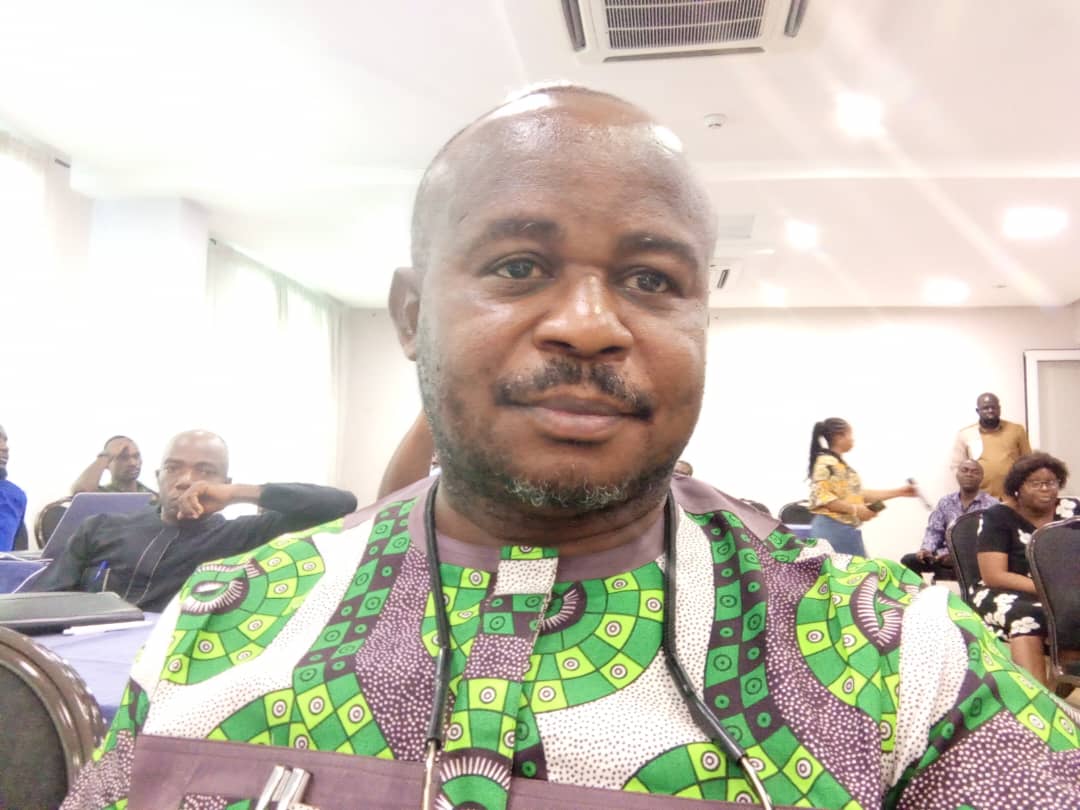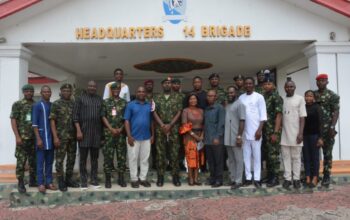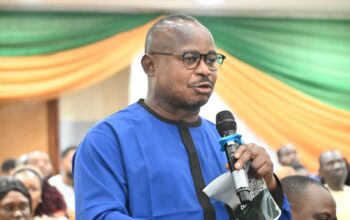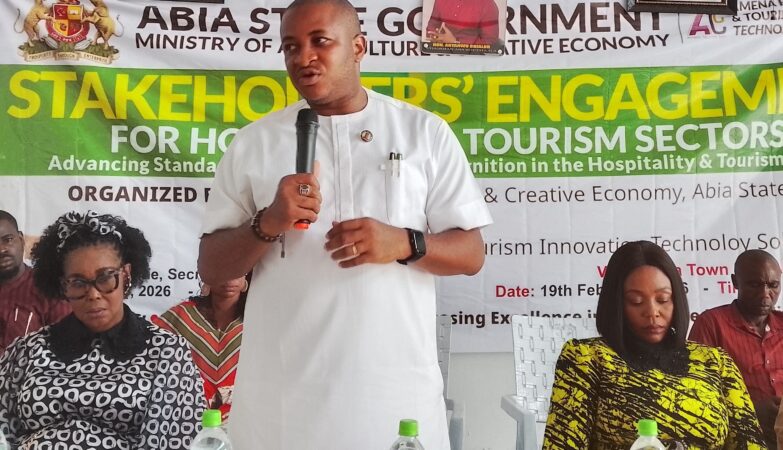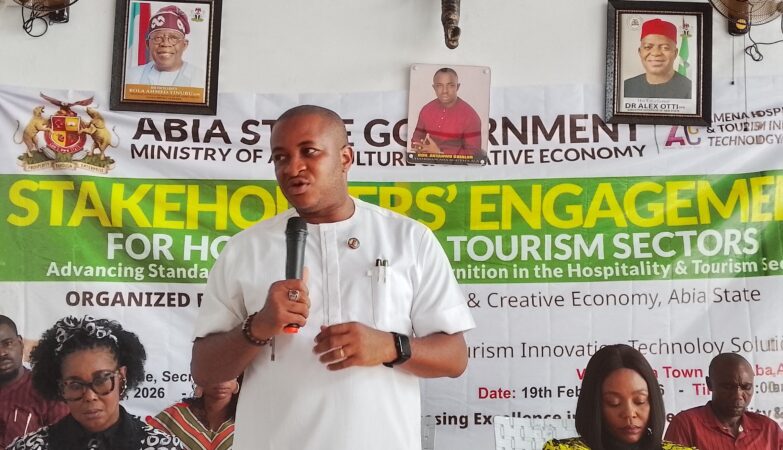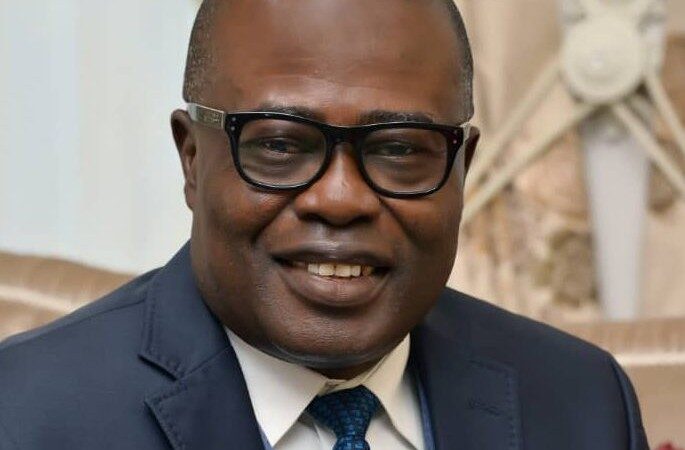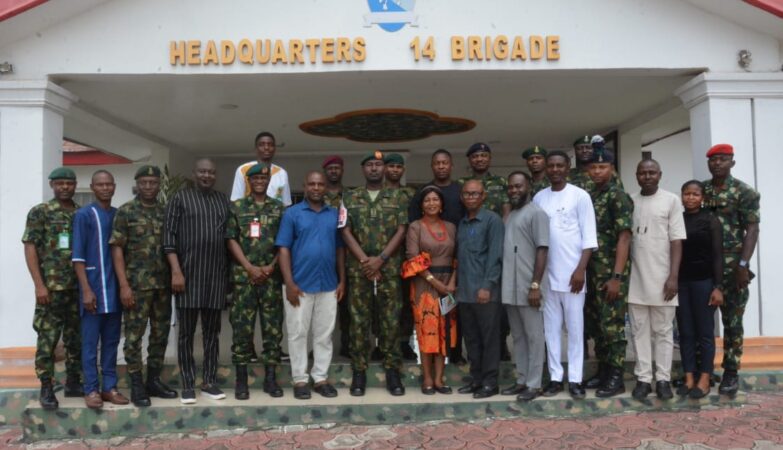By Comrade Nelson Nnanna Nwafor
Introduction
President Bola Ahmed Tinubu’s recent dismissal of Nigeria’s service chiefs has sparked widespread debate across political, military, and civil circles. Although the Presidency officially stated that the shake-up was meant to “inject new direction, vision, vigour and energy” into the armed forces, the timing of the decision — coming shortly after reports of an alleged coup plot — has raised questions about internal stability within the military and the overall health of Nigeria’s national security architecture.
The Official Narrative: A Strategic Reshuffle
According to the Presidency, the decision to sack the service chiefs was a proactive step to strengthen the security apparatus and enhance the government’s response to the country’s mounting security crises. Nigeria continues to grapple with terrorism in the North-East, banditry in the North-West, separatist agitations in the South-East, and communal and economic tensions in other regions.
The official line underscores the President’s constitutional authority to appoint and remove service chiefs “at his pleasure,” framing the move as part of a broader national security reform rather than a reaction to any specific threat.
The Alleged Coup Plot: Underlying Tensions
However, public discourse has been fuelled by reports alleging a coup plot involving certain military officers — claims swiftly denied by the Defence Headquarters. Some officers were reportedly detained for “disciplinary reasons,” but the simultaneity of these developments and the sudden military leadership shake-up has led many observers to suspect deeper fissures within the ranks.
Whether or not a coup was genuinely in motion, the mere emergence of such rumours reflects underlying dissatisfaction, fatigue, and possible mistrust within the armed forces — warning signs that demand attention beyond mere administrative reshuffles.
Systemic Challenges in National Security
Nigeria’s security challenges extend far beyond leadership turnover. The continuous recycling of security heads without structural reform has not yielded lasting improvements. Issues such as inadequate funding, corruption in defence procurement, poor troop welfare, and inter-agency rivalry have consistently undermined effectiveness.
Furthermore, the security architecture remains overly militarised, with insufficient coordination between the military, intelligence agencies, and civil authorities. The National Security Council (NSC) and National Defence Policy require a comprehensive review to align with current realities — particularly hybrid threats like cyberwarfare, economic sabotage, and foreign interference.
Civil-Military Relations and Democratic Stability
The alleged coup reports, whether credible or not, reveal the fragile interface between Nigeria’s military and civilian institutions. Since returning to democracy in 1999, Nigeria has enjoyed an unbroken civilian rule, but the persistence of coup rumours indicates that democratic consolidation remains incomplete. Strengthening professional ethics, transparency in command structures, and morale among officers are vital to ensuring loyalty to constitutional order.
The Way Forward
Re-examining national security must go beyond appointing new service chiefs. Key steps should include:
1. Comprehensive Security Sector Reform – Review command structures, redefine roles, and enhance inter-agency cooperation.
2. Improved Welfare and Oversight – Ensure timely payment, adequate logistics, and transparent defence spending to reduce discontent.
3. Civilian Oversight and Accountability – Empower the National Assembly and civil society to monitor military operations and budgets.
4. Intelligence and Early Warning Systems – Strengthen intelligence coordination to detect and defuse potential internal threats before they escalate.
5. Human Security Approach – Address socioeconomic roots of insecurity such as unemployment, poverty, and political exclusion.
Conclusion
The sack of the service chiefs amid coup allegations offers both a warning and an opportunity. It highlights potential instability within Nigeria’s defence establishment but also opens a window for meaningful reform. National security cannot rely solely on changing faces at the top — it requires rethinking the entire system: its institutions, incentives, and accountability mechanisms.
Only by addressing the structural and moral foundations of the armed forces can Nigeria safeguard its democracy and ensure lasting peace and stability.
Comrade Nelson Nnanna Nwafor
Executive Director
FENRAD
An Environmental justice campaigner & Human Rights Activist
Good Governance Advocate
Tel; 08033383708,07062949232
Email info@fenrad.org.ng
info.fenradnigeria@gmail.com

